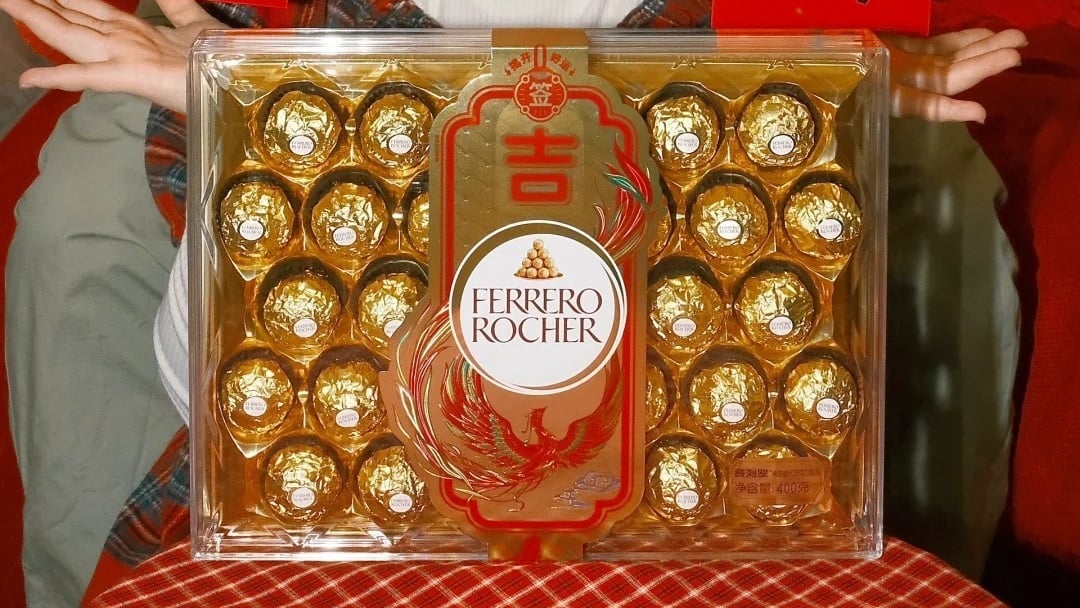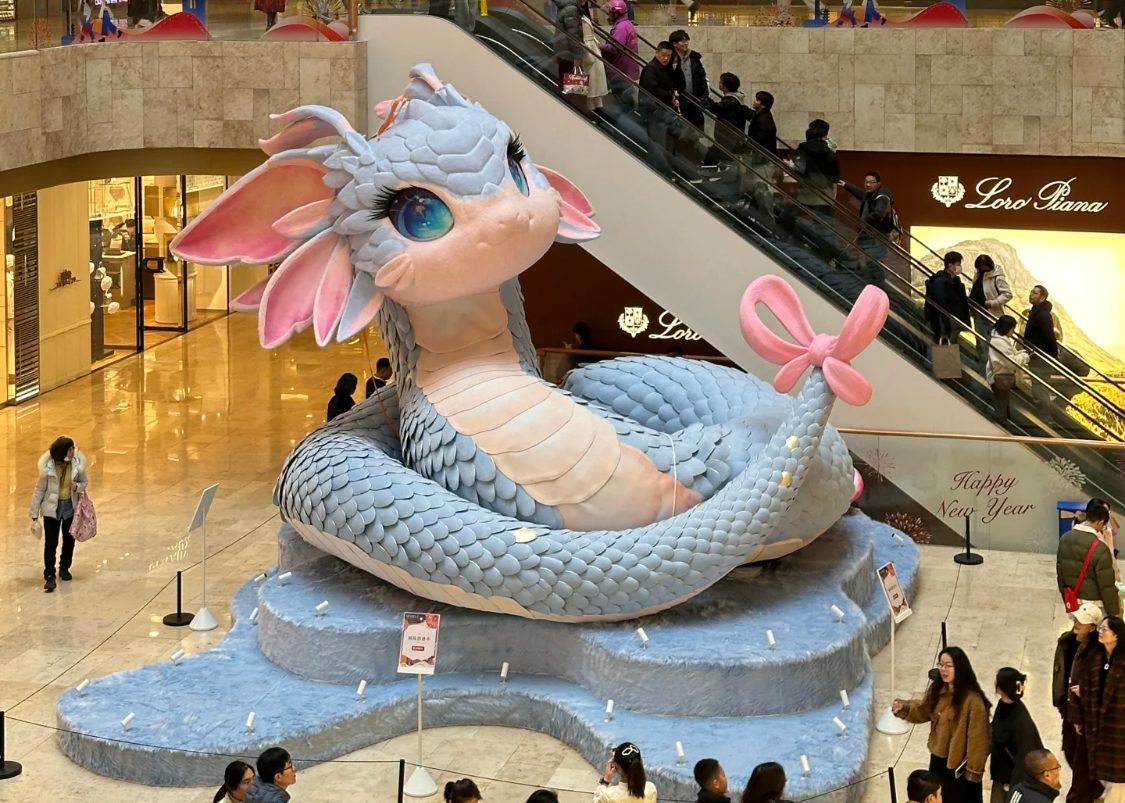[vc_row][vc_column][vc_column_text]The past several days, all over China there have been sights such as these:


These pictures, however, were taken in Germany. The small township of Dietfurt in Bavaria is home to one of the most festive Chinese New Year celebrations anywhere in the world. At which point, we want to bring your attention to this hot Twitter take:
friendly reminder that you don’t get to celebrate lunar new year unless you’re literally from a country that does or if you are invited by someone who is from a country that does
— kassy cho (@kassy) February 6, 2019
So there must be many overseas Chinese and descendants of Chinese immigrants or those from other Lunar New Year-celebrating countries living in Dietfurt right? Umm, actually most of the citizens and participants in these festivities look more or less like this:


Okay, okay. But this is surely some sort of Belt and Road money-baiting exercise concocted in the past couple of years, right? Err, actually Dietfurt has been celebrating the annual “Chinese Festival” for the past… 91 years.
The festivities start each year on New Year’s Eve (除夕 chu xi) when children rise before dawn to beat drums in the city center and proclaim “today we are all Chinese”.
Throughout the entire day, the road is closed to all cars in preparation for the afternoon parade. Residents and visitors alike don traditional Chinese apparel to celebrate the occasion. (Kassy, look away now.)

The picture below depicts young women marching in a parade, wearing half-half costumes — half traditional German clothing, half Chinese qipao.
One man in the village dresses as the emperor each year, and performs rituals accordingly.

The “emperor” can be seen riding in the highest seat during the parade.

One resident is randomly selected in a gold egg crushing ceremony every year to serve as that year’s “emperor.”
In Dietfurtian (and also somewhat “Chinese”?) tradition, the emperor then proceeds to a “throne room”(similar to the Hall of Great Harmony in the Imperial Palace) to pray for good weather and abundance in the coming year.
(Still with us Kassy? Hope you’re sitting down.)
From there, the residents gather to sing the Chinese national anthem and Bavarian anthem together.

This small town’s love for China doesn’t only come around during Spring Festival. Many of the citizens use chopsticks year round. And the city’s official language is even Chinese.
Dietfurt has a “sister city” partnership with Nanjing, and has created a more permanent reminder of their connection with China with memorials such as the one below:

So what’s behind all this? Well, historians remain unsure as to the origins of this city’s love for China; however, most guess that it likely has roots in the Qing dynasty when the city did business with Chinese traders. This picture from 1928 shows Dietfurt’s local residents donning Chinese-style clothing.

The large scale of the celebrations have left many saying that this town’s Chinese New Year festivities are even more festive than many events in China.
Is this cultural appropriation or appreciation? Feel like we know where Kassy would come down on this, but an article on WeChat looking at the phenomenon has mostly been met with pride and happiness among Chinese readers.
Kind of reminds us of this kerfuffle:
 Young Chinese React to “Qipaogate”, Mostly with ConfusionArticle May 03, 2018
Young Chinese React to “Qipaogate”, Mostly with ConfusionArticle May 03, 2018
[/vc_column_text][/vc_column][/vc_row]
















